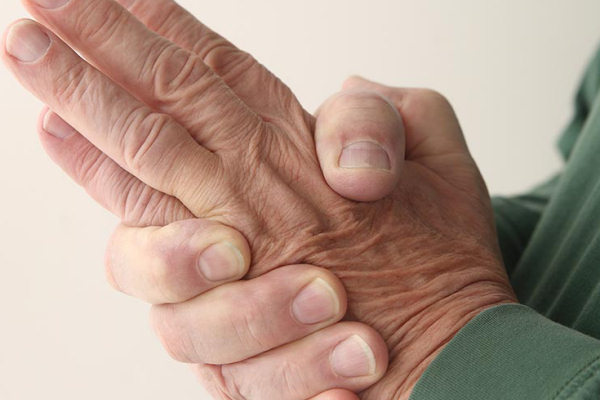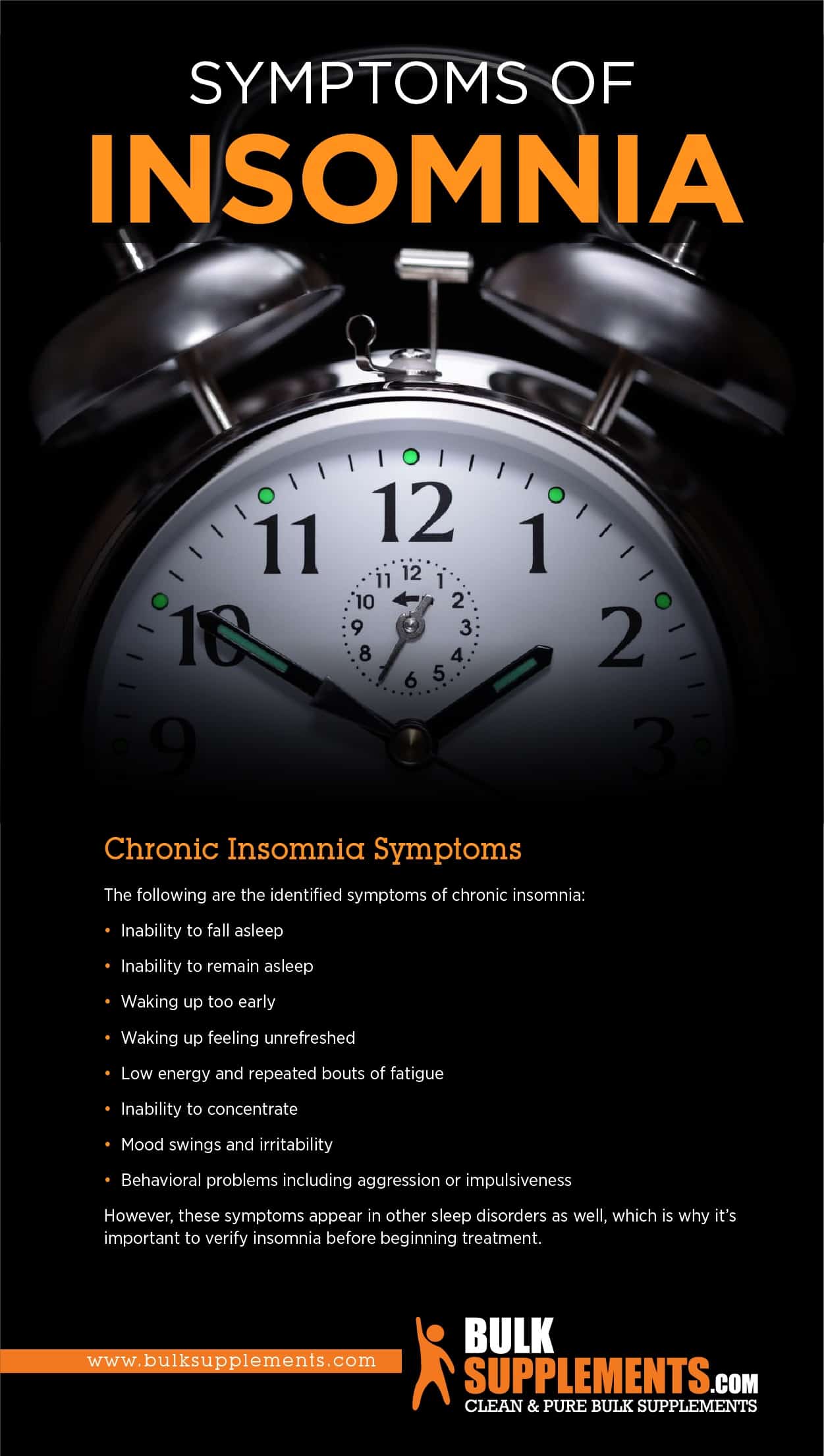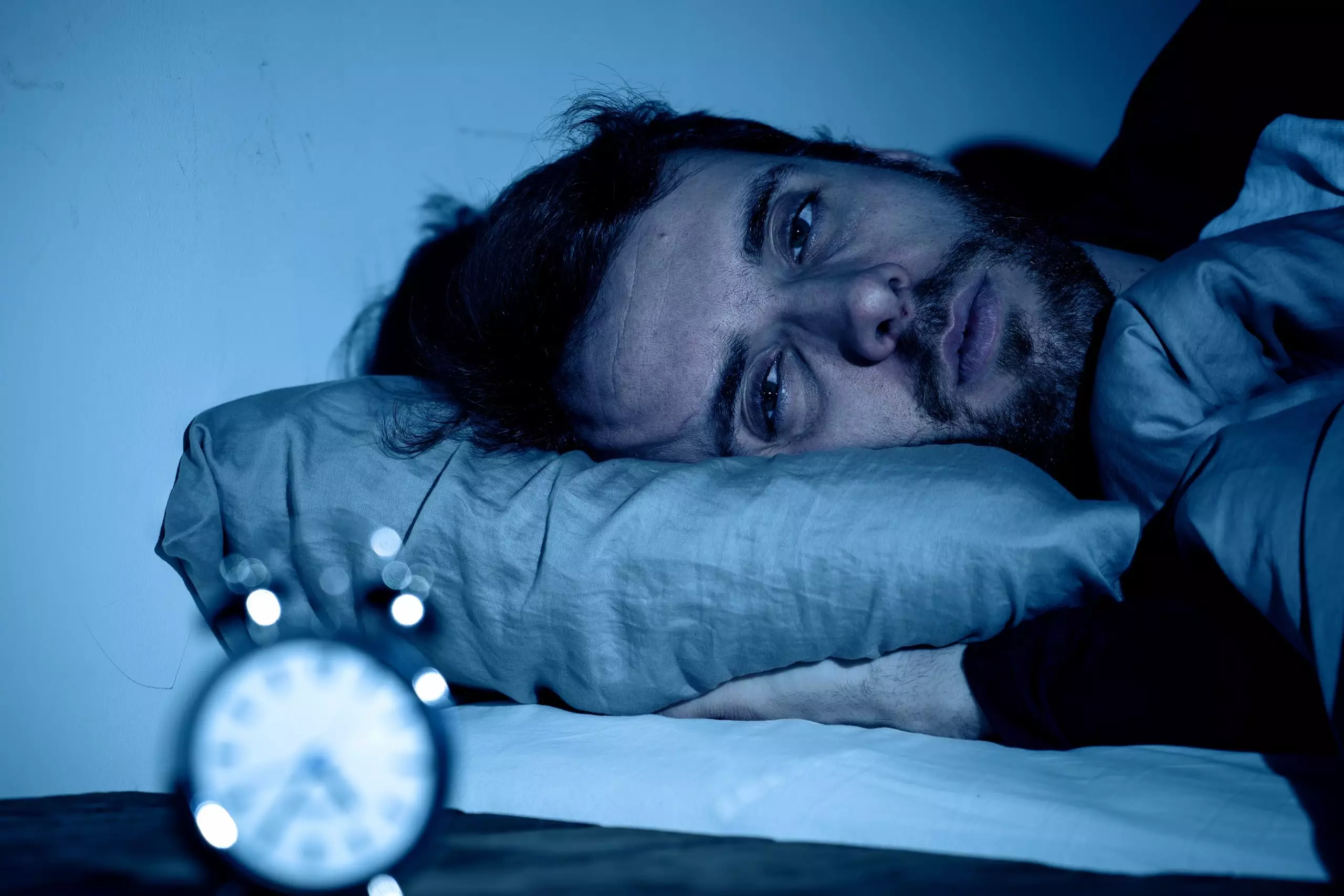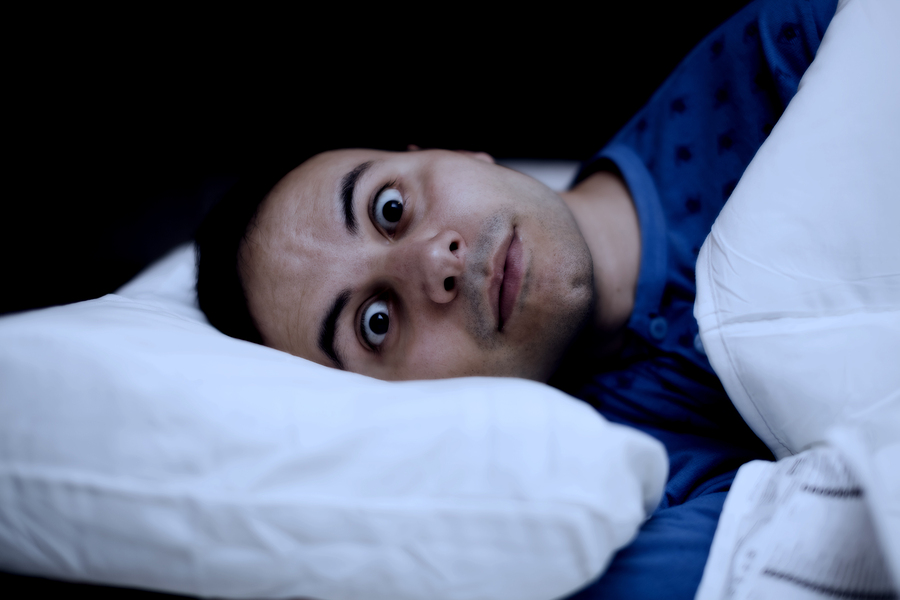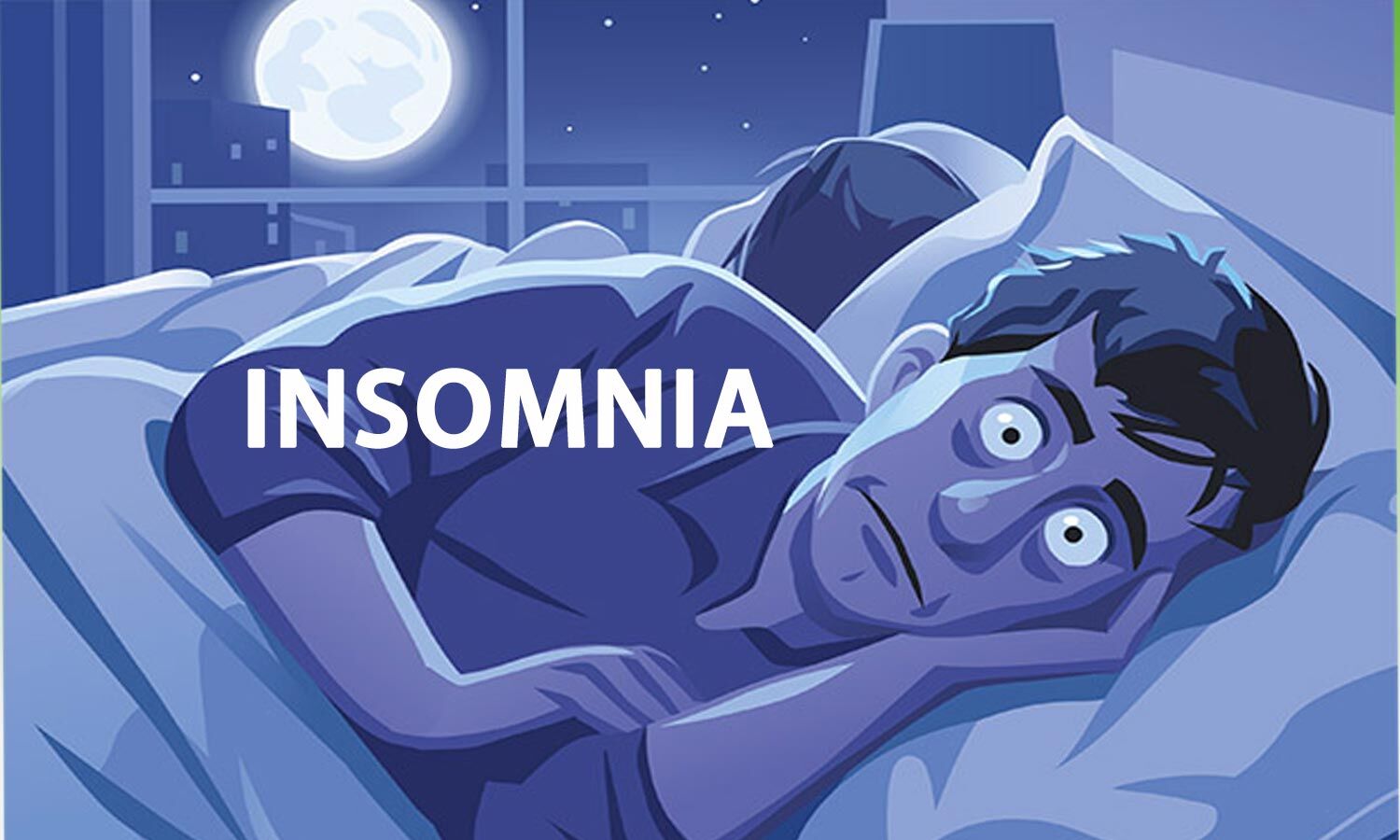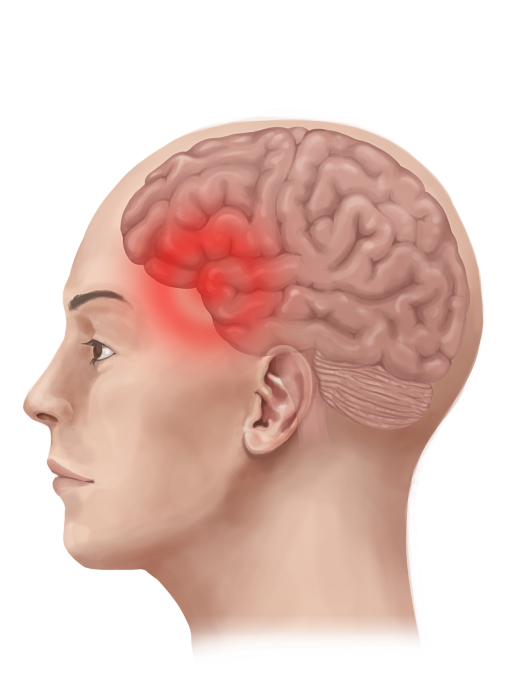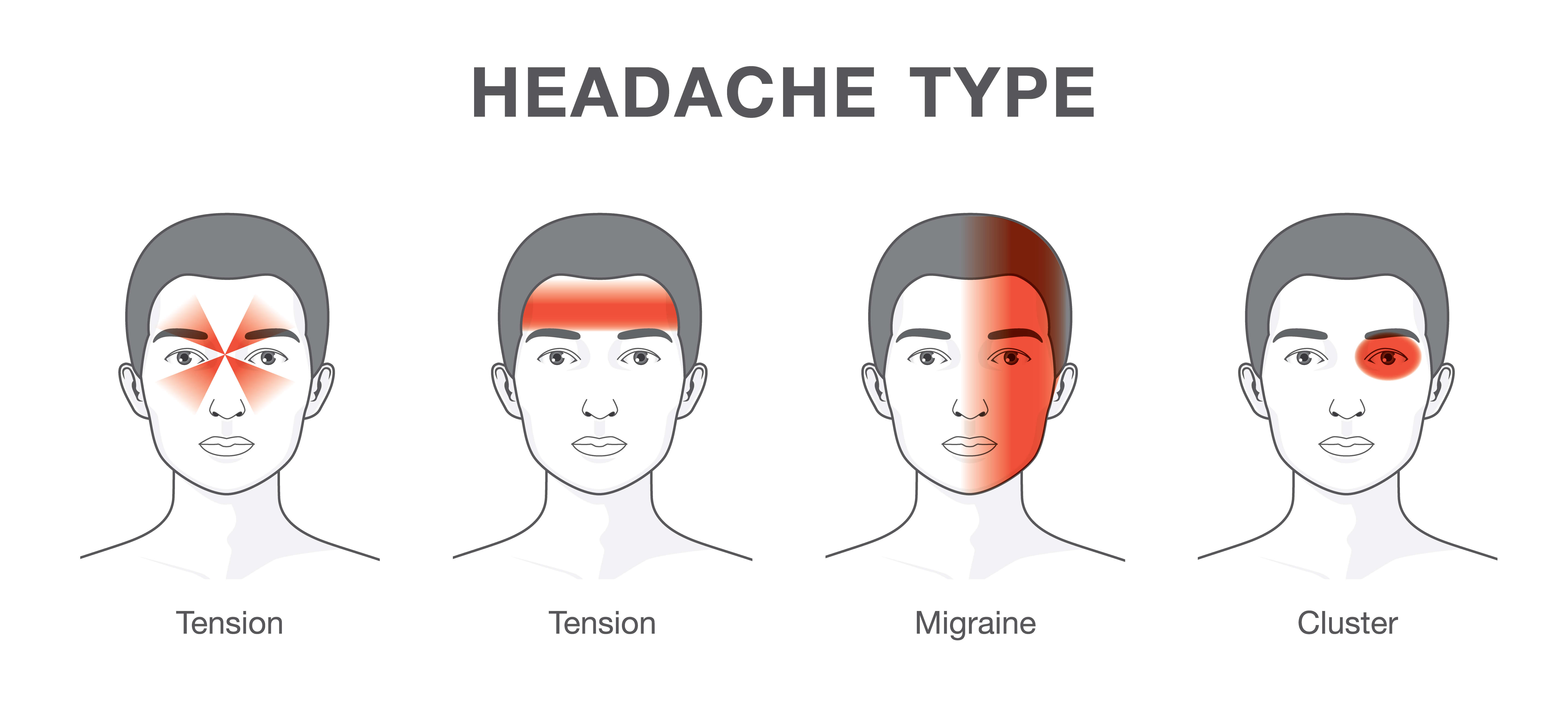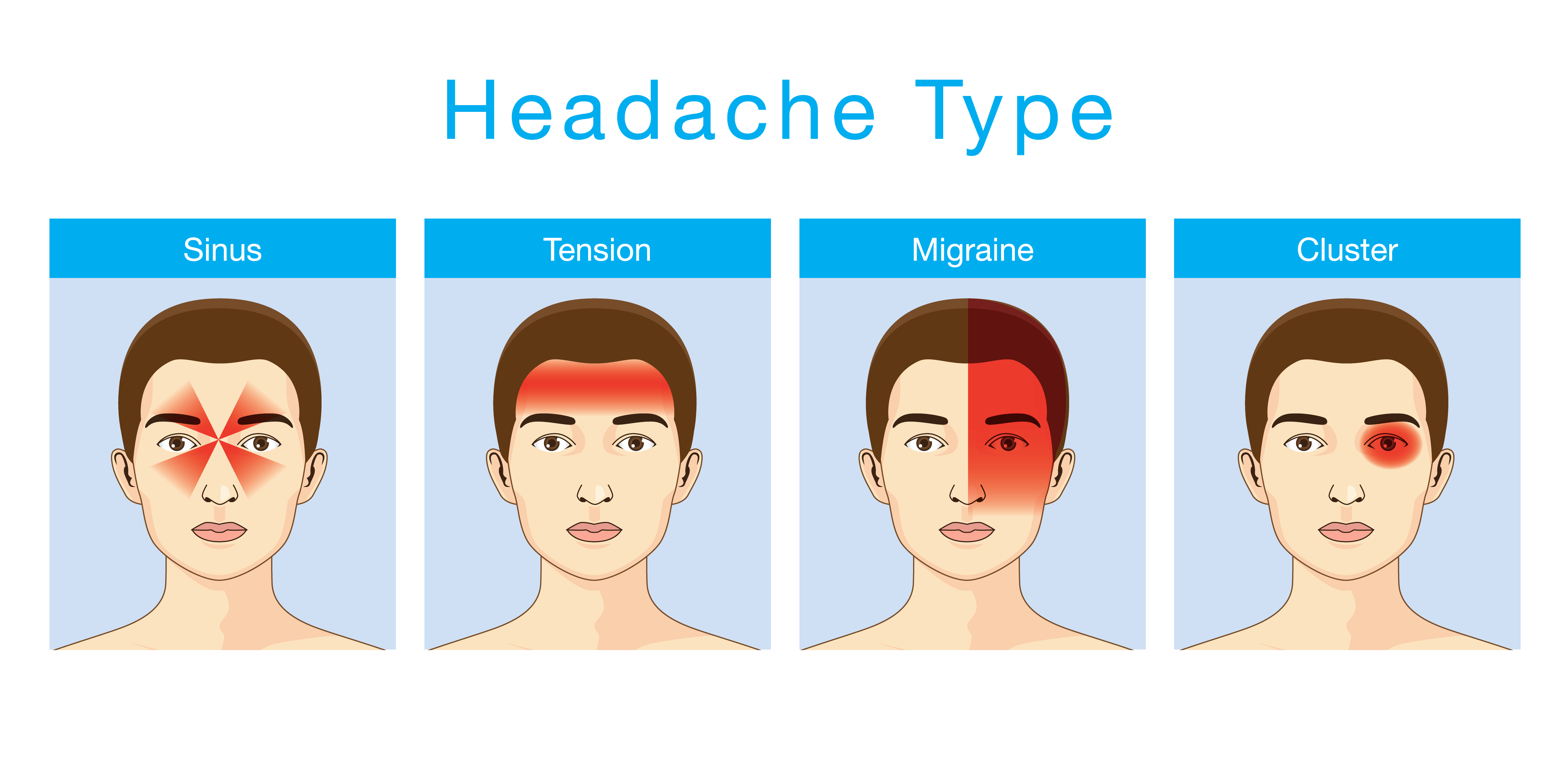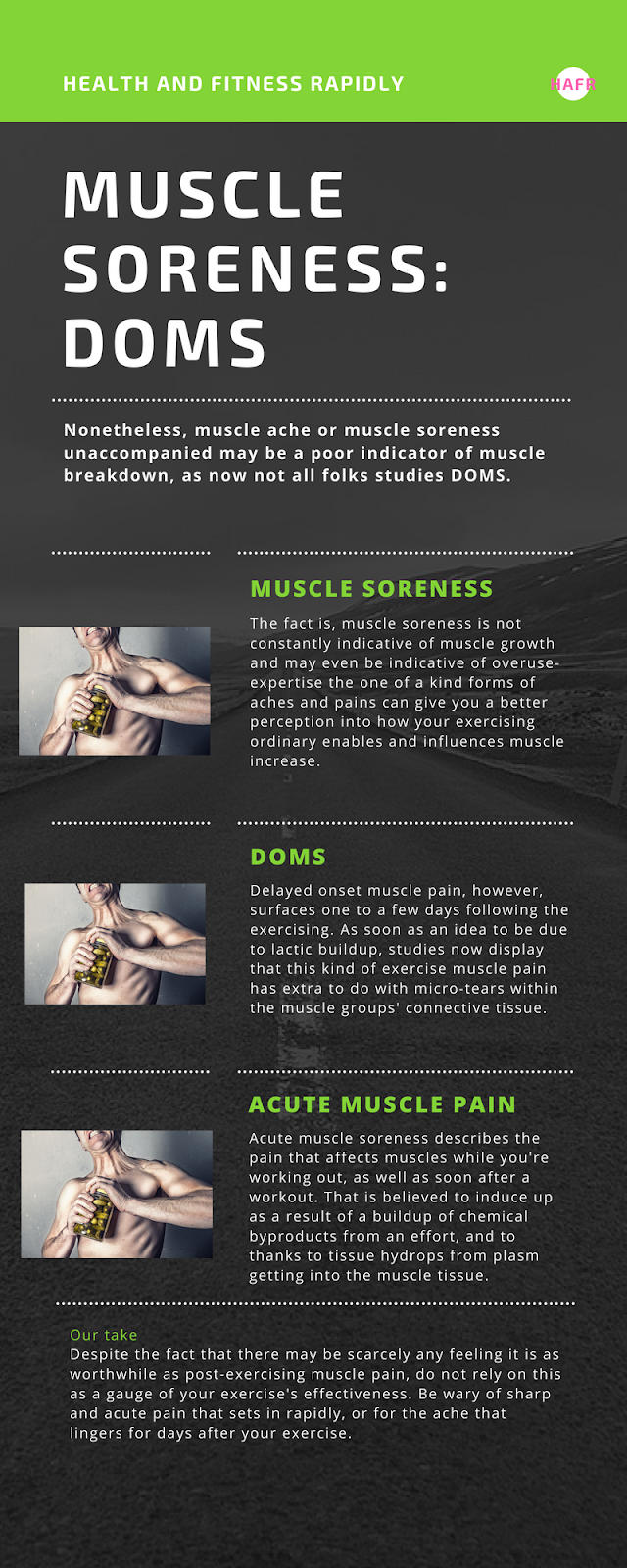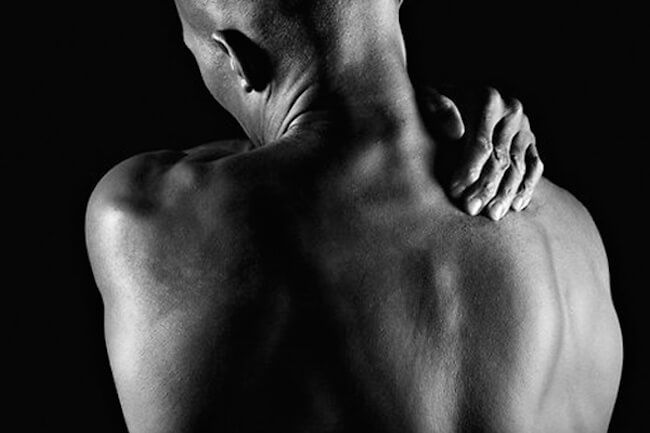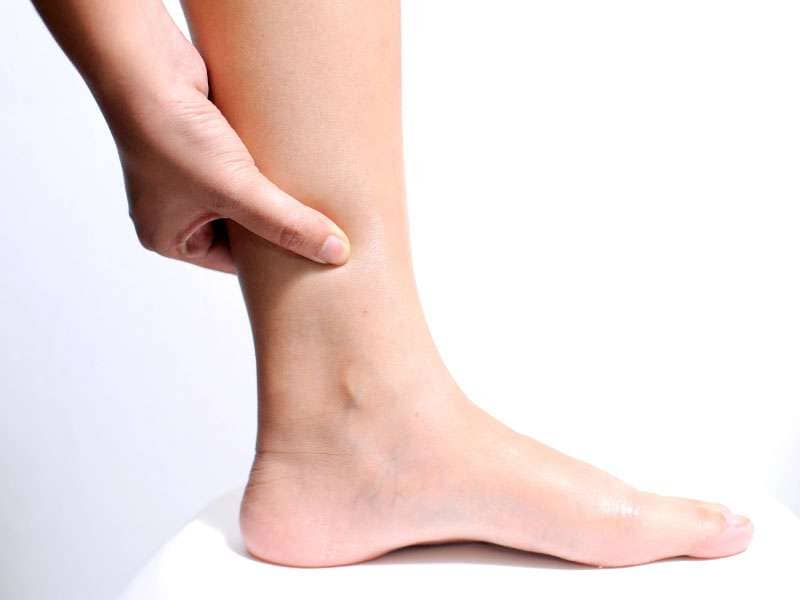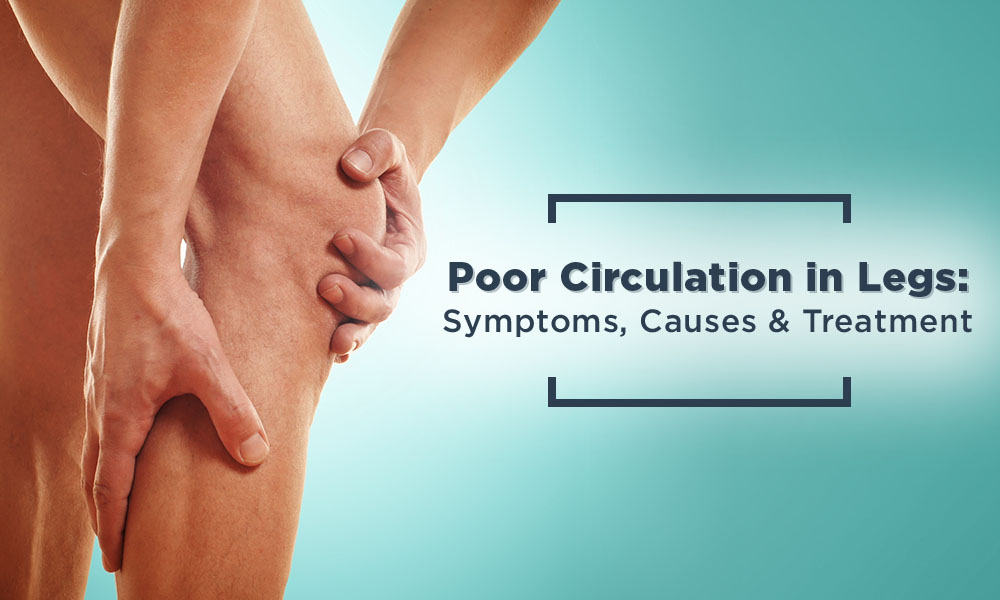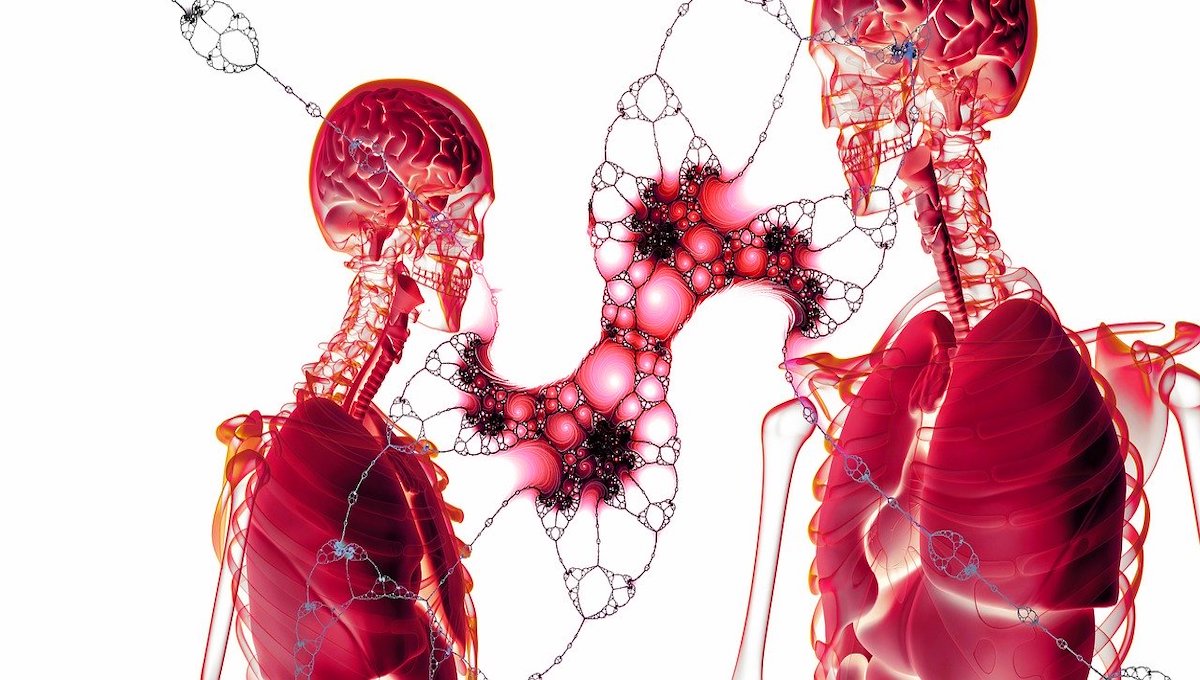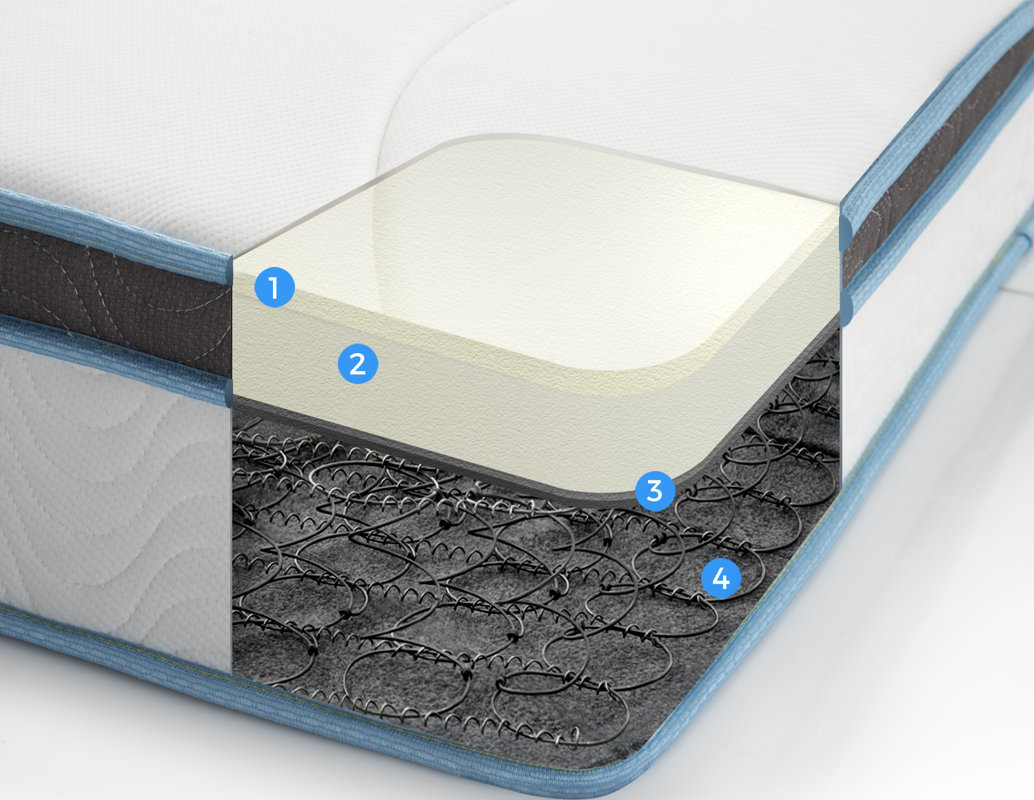One of the most common side effects of sleeping on a hard mattress is back pain. This is because a hard mattress puts pressure on the spine and does not provide enough support for the natural curves of the body. As a result, you may wake up with a stiff and achy back. This can be especially problematic for those who already have back issues, as a hard mattress can exacerbate the pain and discomfort.Back Pain
Similar to back pain, sleeping on a hard mattress can also cause neck pain. When your mattress is too firm, it does not allow your neck to align properly with your spine. This can lead to strain and tension in the neck muscles, resulting in pain and stiffness. Over time, this can also lead to more serious issues such as cervical spine problems.Neck Pain
Another area of the body that can be affected by sleeping on a hard mattress is the shoulders. A hard mattress does not provide enough cushioning for the shoulders, causing pressure and discomfort. This can be particularly problematic for side sleepers, as their shoulders bear most of their body weight while sleeping.Shoulder Pain
The hips are another common area that can experience pain from sleeping on a hard mattress. This is because a hard mattress does not contour to the curves of the body and can put pressure on the hips. This can lead to discomfort and even cause issues such as bursitis or hip joint inflammation.Hip Pain
Sleeping on a hard mattress can also result in joint stiffness, particularly in the knees and elbows. As the mattress does not provide enough cushioning and support, the joints can become compressed and stiff. This can be especially problematic for those with conditions such as arthritis, as a hard mattress can aggravate the pain and stiffness in the joints.Joint Stiffness
Some people may also experience numbness and tingling in their limbs from sleeping on a hard mattress. This is because the pressure from the firm mattress can cut off blood circulation to certain areas of the body, causing a sensation of pins and needles. If this occurs frequently, it can lead to more serious nerve issues.Numbness and Tingling
Believe it or not, sleeping on a hard mattress can also lead to insomnia. This is because the discomfort and pain caused by the firm surface can make it difficult for you to fall and stay asleep. Your body needs to be in a relaxed and comfortable state to get a good night's rest, and a hard mattress can prevent that from happening.Insomnia
One of the lesser-known side effects of sleeping on a hard mattress is headaches. This can happen when the pressure on your body from the mattress causes tension in your neck and shoulder muscles. This tension can then radiate up to your head, resulting in headaches. If you notice that you often wake up with a headache, your hard mattress could be the culprit.Headaches
Due to the lack of support and cushioning, sleeping on a hard mattress can also lead to muscle soreness. As your muscles are not able to fully relax and recover while you sleep, they may become tense and sore. This can be particularly problematic for athletes or those who engage in physical activities regularly.Muscle Soreness
Finally, sleeping on a hard mattress can also have an impact on your circulation. The pressure from the firm surface can restrict blood flow to certain areas of the body, causing numbness, tingling, and even swelling. This can be a serious issue for those with existing circulatory problems and can lead to more serious health concerns over time. In conclusion, while sleeping on a hard mattress may seem like a good idea for those seeking a firmer sleeping surface, it can actually have numerous negative effects on your body. From back pain to poor circulation, the side effects of sleeping on a hard mattress can be detrimental to your overall health and wellbeing. It is important to find a mattress that provides the right balance of support and comfort for your body to ensure a good night's sleep and prevent any potential health issues in the long run.Poor Circulation
The Importance of Choosing the Right Mattress for a Good Night's Sleep

The Effects of Sleeping on a Hard Mattress
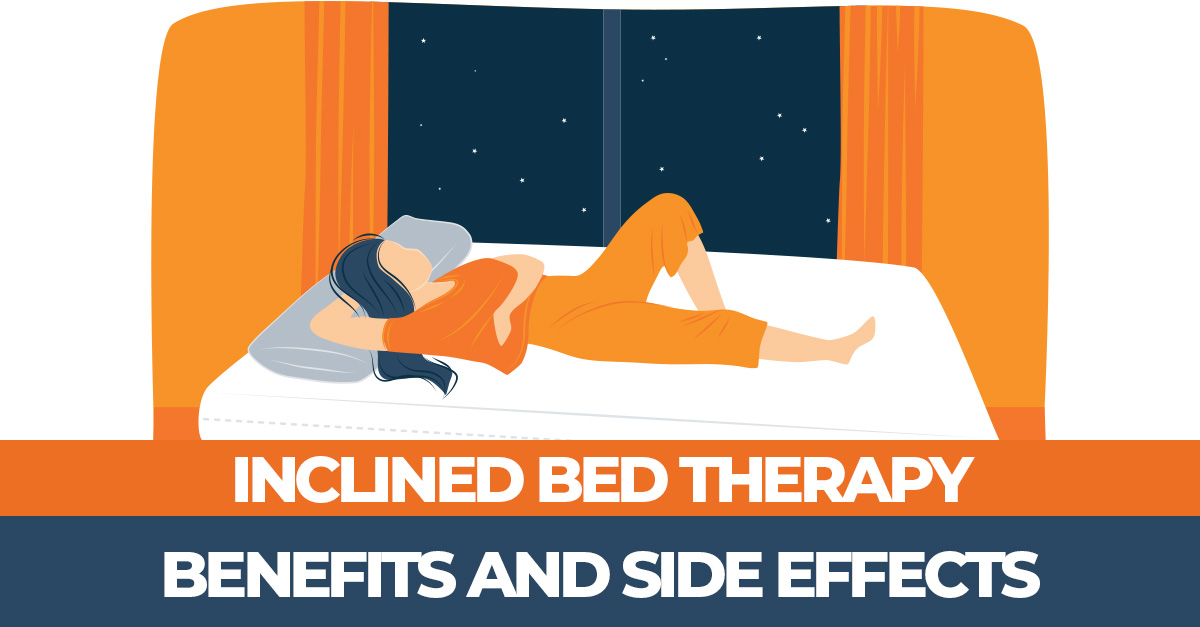 We spend approximately one-third of our lives sleeping, and the quality of our sleep has a significant impact on our physical and mental well-being. This is why choosing the right mattress is crucial for achieving a good night's sleep. While many people opt for a hard mattress, thinking it will provide better support, it may actually have negative side effects on our bodies.
Back Pain and Discomfort
One of the most common side effects of sleeping on a hard mattress is back pain and discomfort. The lack of cushioning and support can cause pressure points on the body, leading to stiffness and soreness in the morning. This can be especially problematic for individuals who already suffer from back pain or have conditions such as scoliosis or arthritis.
Poor Circulation
The firmness of a hard mattress can also restrict blood flow, leading to poor circulation. This can cause numbness, tingling, and even pain in the extremities. Over time, this can have negative effects on the overall health of the body, as proper circulation is essential for delivering oxygen and nutrients to our cells.
Disturbed Sleep
Contrary to popular belief, a hard mattress may not provide better support for our bodies. In fact, it can cause discomfort and lead to a disturbed sleep. This is because our bodies are not able to sink into the mattress and find a comfortable position, which can result in tossing and turning throughout the night.
Long-Term Health Implications
Continuously sleeping on a hard mattress can have long-term health implications. The lack of support and pressure on the body can lead to chronic pain, stiffness, and poor sleep quality. This can also affect our mood, energy levels, and overall quality of life.
We spend approximately one-third of our lives sleeping, and the quality of our sleep has a significant impact on our physical and mental well-being. This is why choosing the right mattress is crucial for achieving a good night's sleep. While many people opt for a hard mattress, thinking it will provide better support, it may actually have negative side effects on our bodies.
Back Pain and Discomfort
One of the most common side effects of sleeping on a hard mattress is back pain and discomfort. The lack of cushioning and support can cause pressure points on the body, leading to stiffness and soreness in the morning. This can be especially problematic for individuals who already suffer from back pain or have conditions such as scoliosis or arthritis.
Poor Circulation
The firmness of a hard mattress can also restrict blood flow, leading to poor circulation. This can cause numbness, tingling, and even pain in the extremities. Over time, this can have negative effects on the overall health of the body, as proper circulation is essential for delivering oxygen and nutrients to our cells.
Disturbed Sleep
Contrary to popular belief, a hard mattress may not provide better support for our bodies. In fact, it can cause discomfort and lead to a disturbed sleep. This is because our bodies are not able to sink into the mattress and find a comfortable position, which can result in tossing and turning throughout the night.
Long-Term Health Implications
Continuously sleeping on a hard mattress can have long-term health implications. The lack of support and pressure on the body can lead to chronic pain, stiffness, and poor sleep quality. This can also affect our mood, energy levels, and overall quality of life.
Choosing the Right Mattress for a Good Night's Sleep
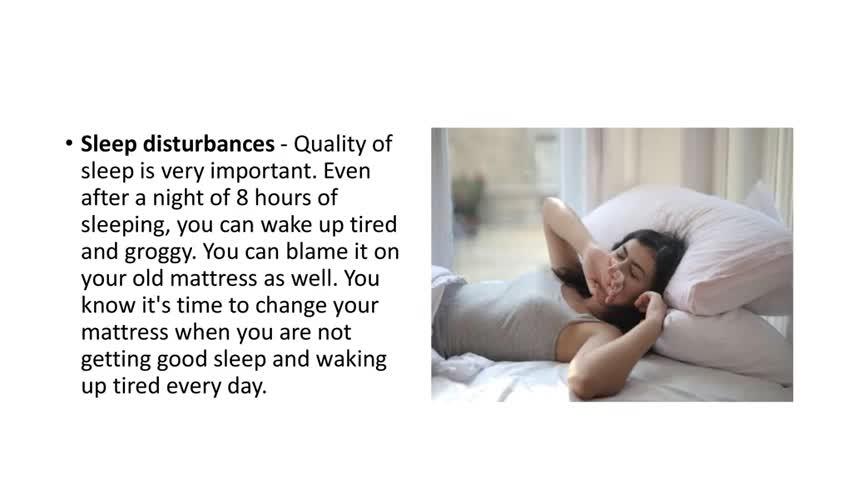 While a hard mattress may not be the best option for achieving a good night's sleep, the opposite extreme of a very soft mattress is also not recommended. The key is to find a mattress that provides a balance of comfort and support for your body. Consider factors such as your preferred sleeping position, body weight, and any existing health conditions when choosing a mattress.
In conclusion, while a hard mattress may seem like a good idea for providing support, it can have negative side effects on our bodies and overall health. It is essential to carefully consider the type of mattress we sleep on to ensure a good night's sleep and maintain our well-being. So, the next time you're in the market for a new mattress, remember to prioritize comfort and support over firmness.
While a hard mattress may not be the best option for achieving a good night's sleep, the opposite extreme of a very soft mattress is also not recommended. The key is to find a mattress that provides a balance of comfort and support for your body. Consider factors such as your preferred sleeping position, body weight, and any existing health conditions when choosing a mattress.
In conclusion, while a hard mattress may seem like a good idea for providing support, it can have negative side effects on our bodies and overall health. It is essential to carefully consider the type of mattress we sleep on to ensure a good night's sleep and maintain our well-being. So, the next time you're in the market for a new mattress, remember to prioritize comfort and support over firmness.


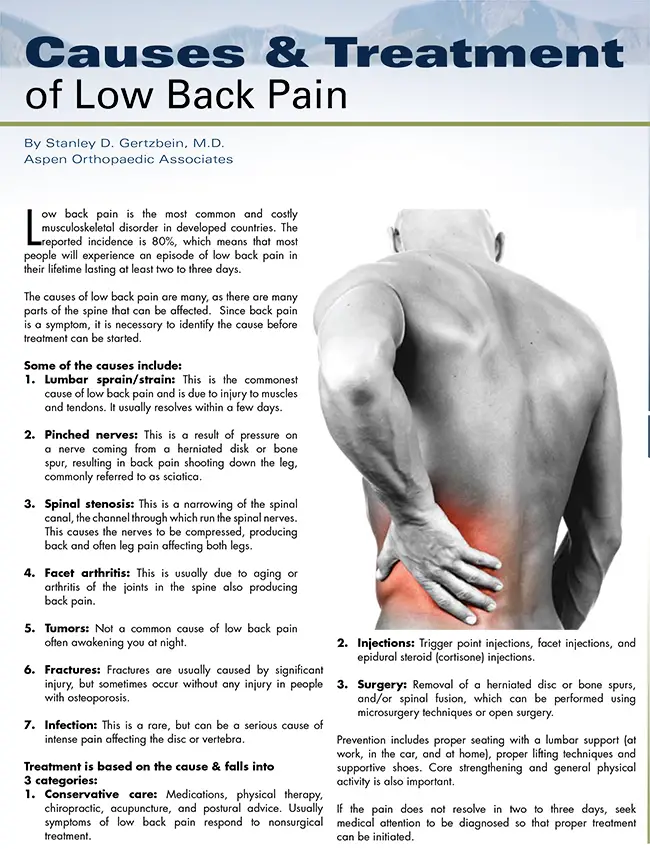












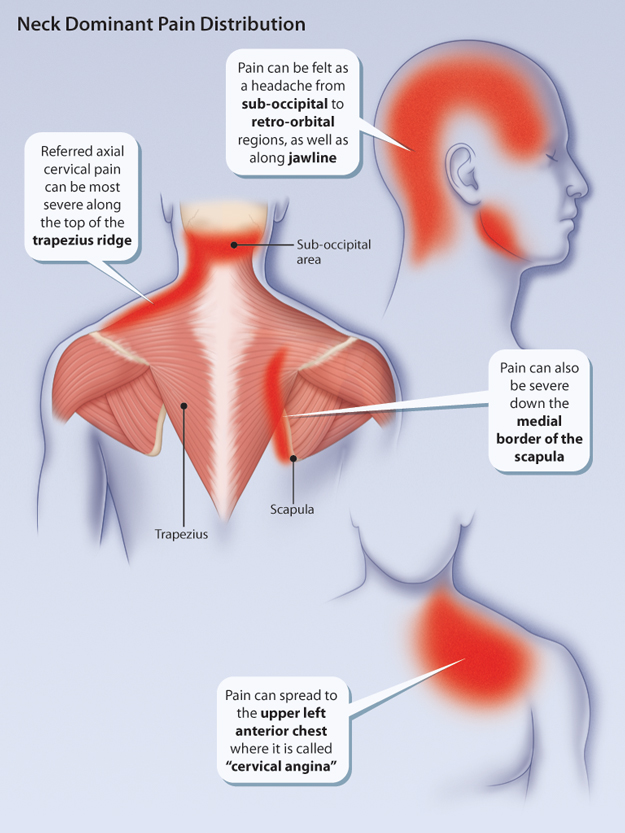


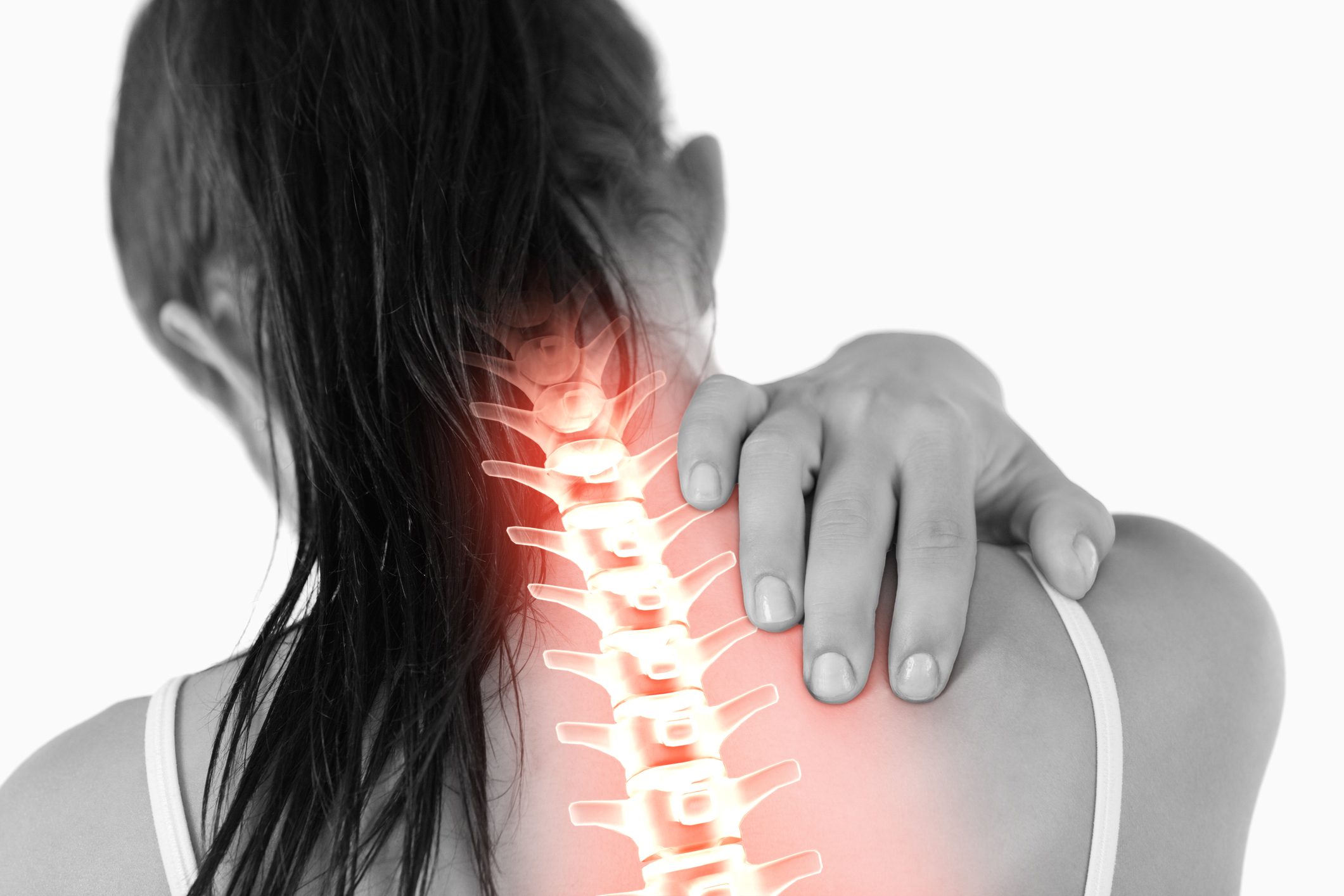




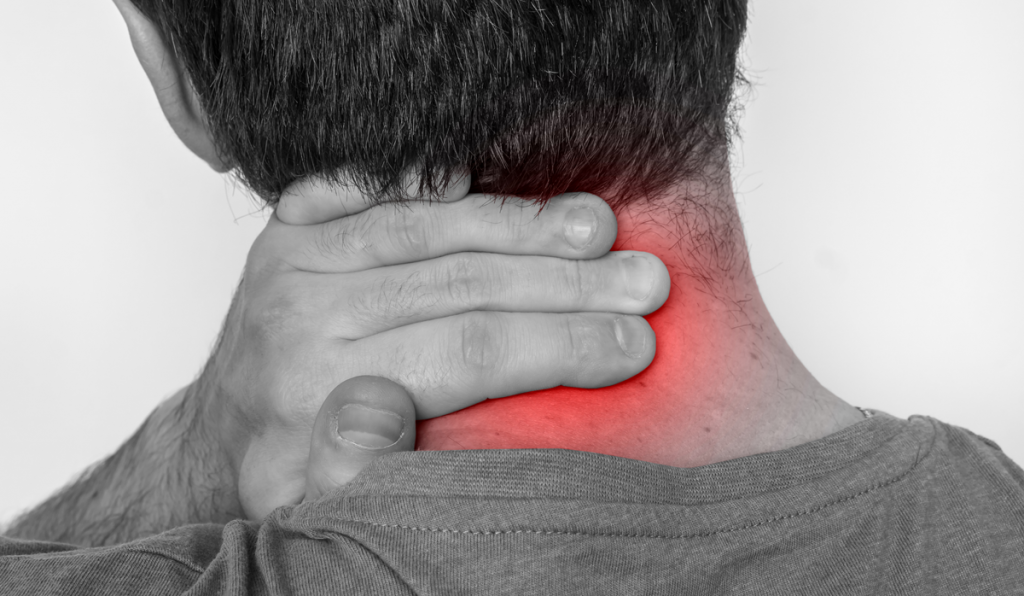










:max_bytes(150000):strip_icc()/shoulder_pain_medreview-01-5c3b9f8546e0fb0001bdeaaa.png)



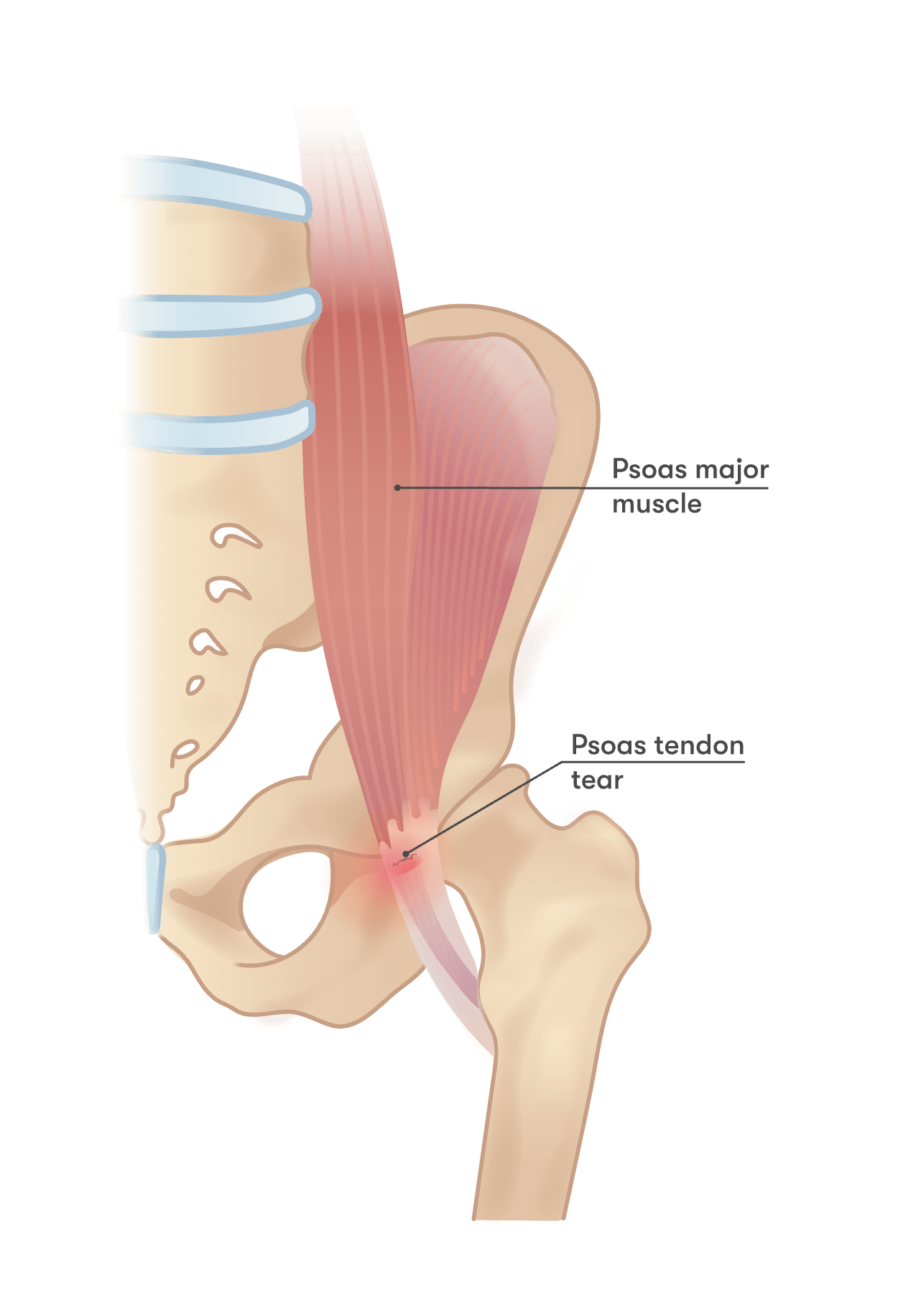
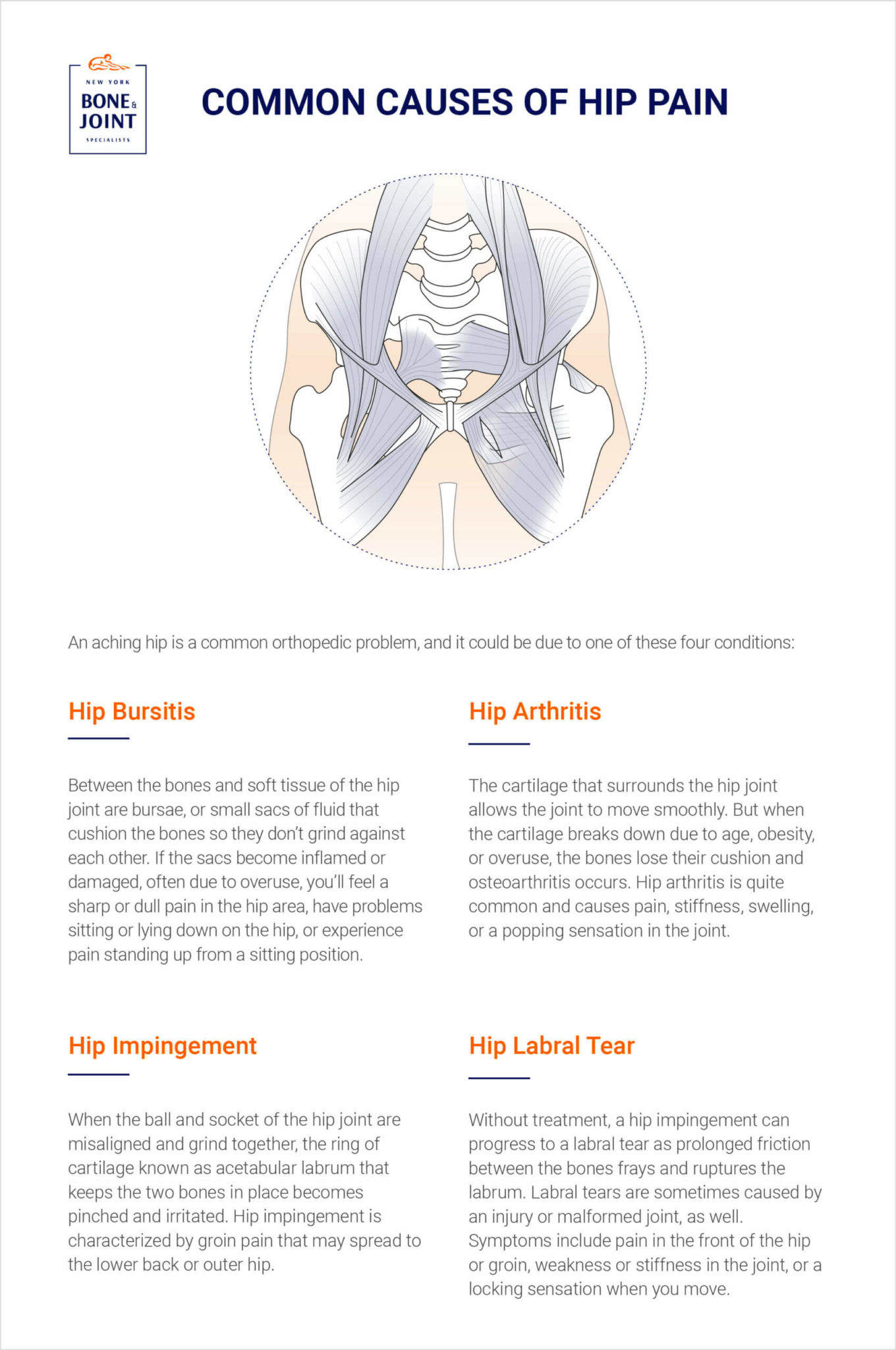



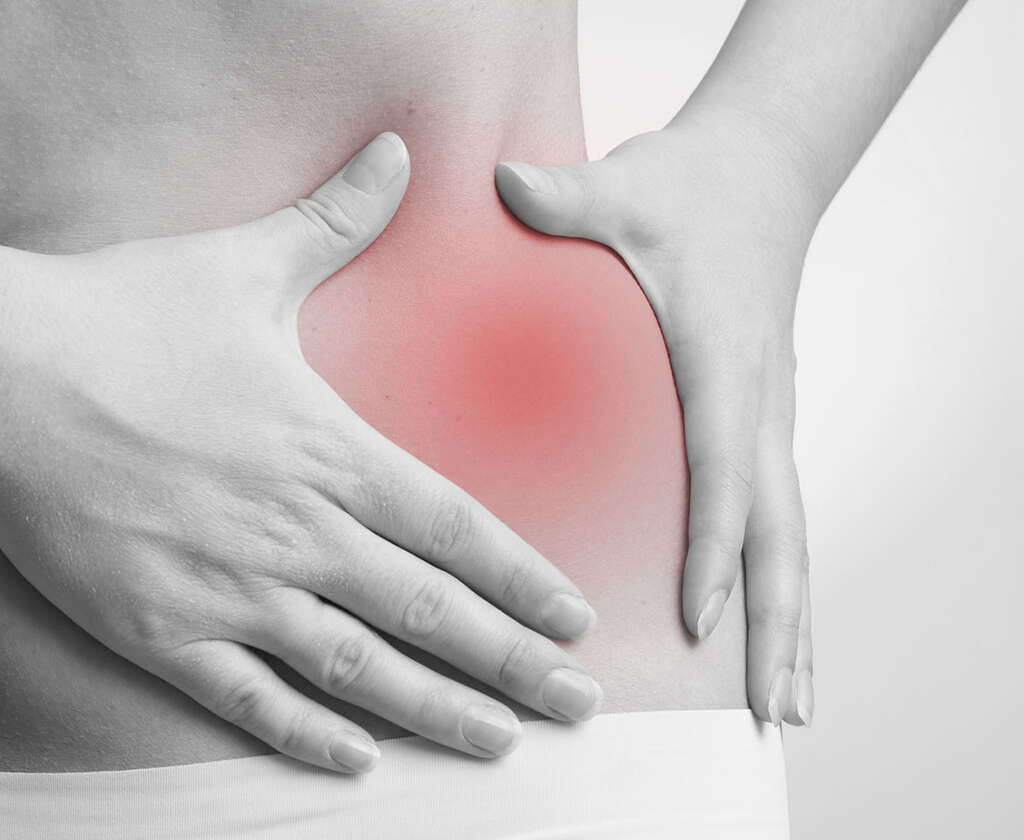






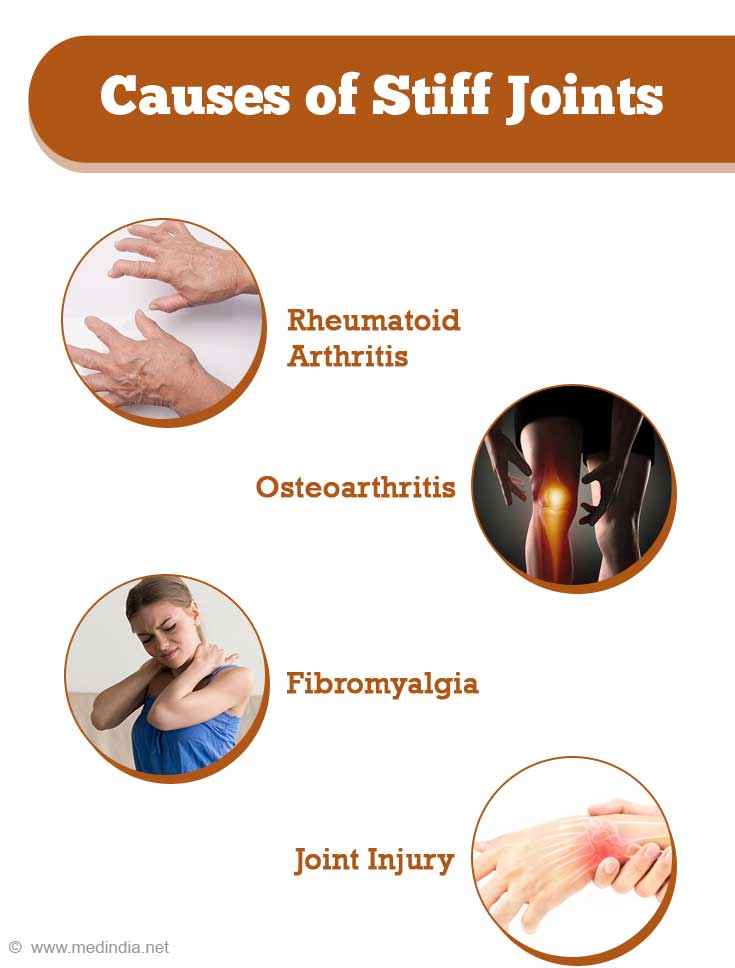










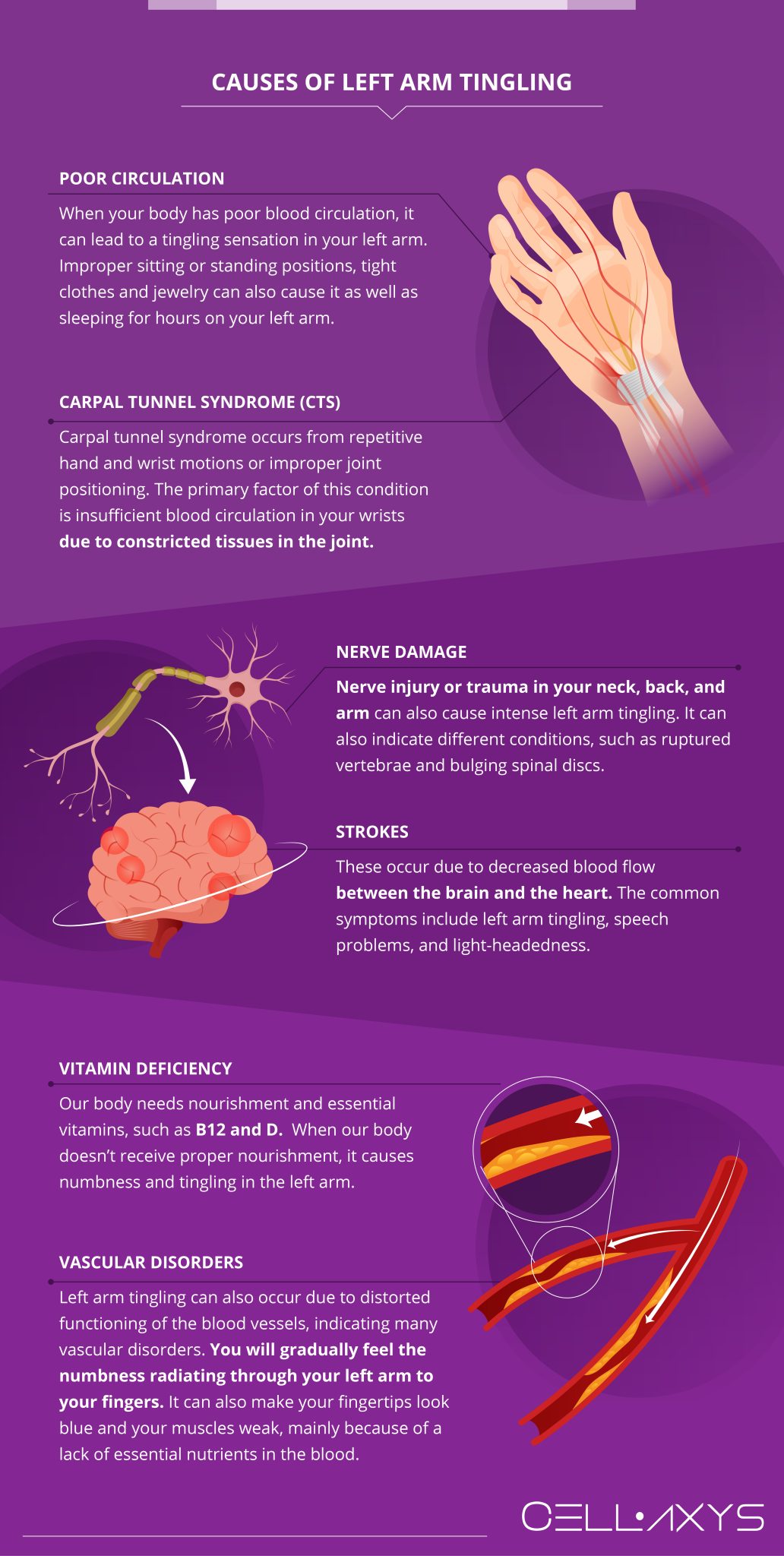





:max_bytes(150000):strip_icc()/tingling-numbness-2549269_V2-69a8afe7b9a24e42a04e8325ebbcf537.gif)
